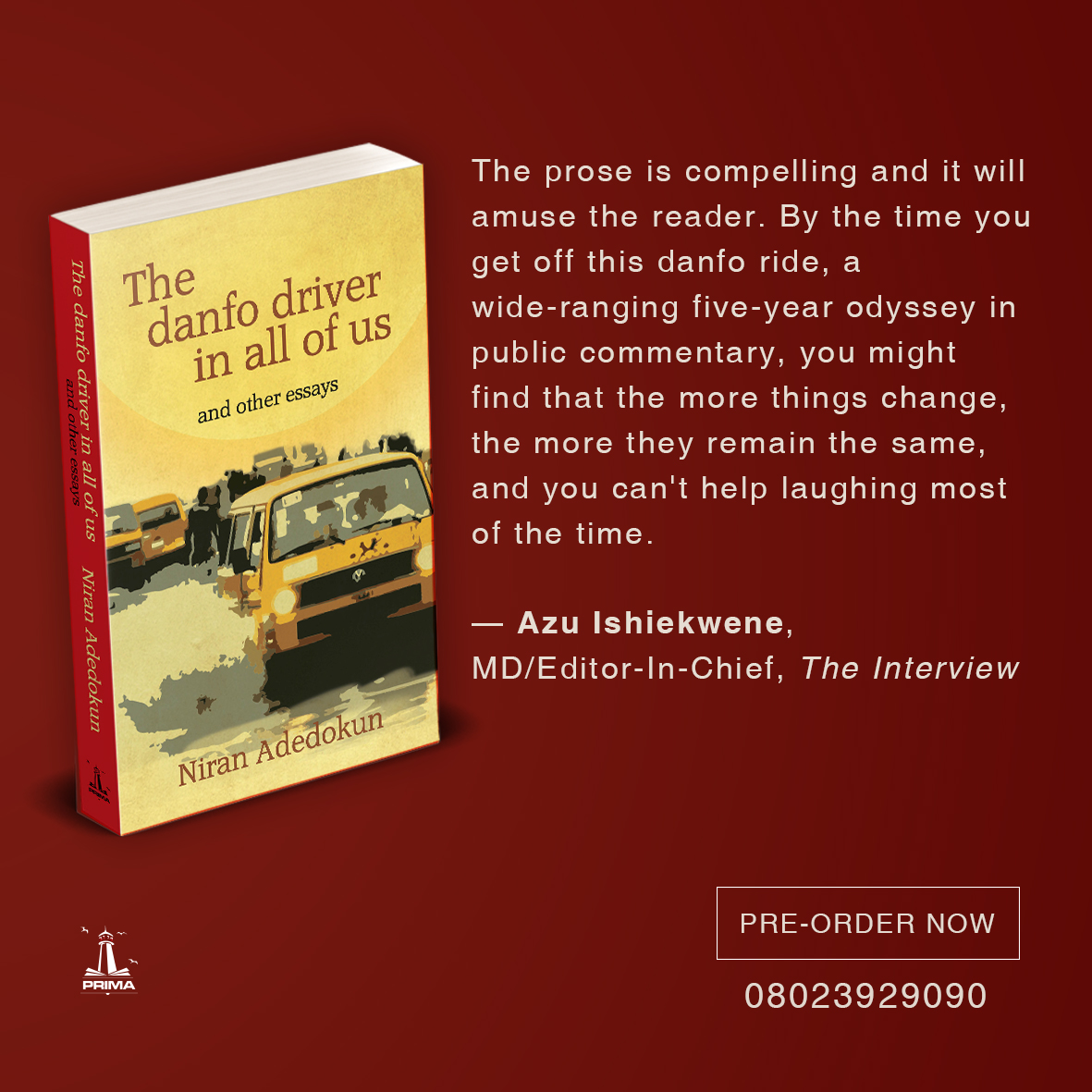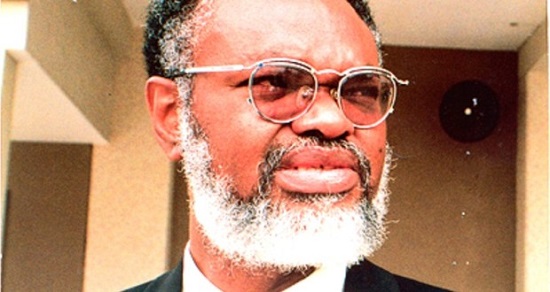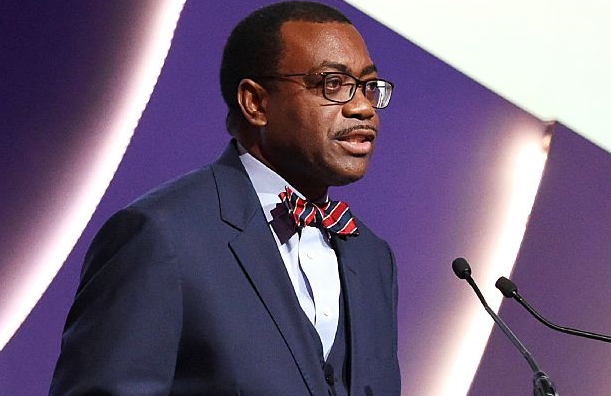Niran Adedokun, a public relations practitioner and lawyer, says religion is not the root cause of Nigeria’s problems but bad leadership.
In ‘The Danfo Driver in All of Us’, his new book, Adedokun said religion has done more good than harm to Nigeria.
The author reacted to a 2017 claim by Wole Soyinka, a playwright and Nobel laureate, that religion could lead to Nigeria’s downfall if not tamed.
“If we do not tame religion in this nation, religion would kill us,” Soyinka had said in reaction to killings in southern Kaduna.
Advertisement
But in the book, Adedokun disagreed with the Nobel laureate, saying: “While we can concede that Soyinka referred to the death of only figuratively, it presents an opportunity to impeach suggestions that religion is guilty of the troubles that has plagued our country. Indeed, on the contrary, I propose that religion has indeed done this country better than it has been credited.”
He said the advent of religious bodies into the country birthed the establishment of several schools which exposed people to education.
Adedokun added that religion also brought about other interventions, including provision of medical treatment and entrenchment of morality among its adherents to stand against evil.
Advertisement
“Without these ones, Nigeria would have been a far sorrier state than our current lamentation,” he wrote.
Adedokun said while some persons use religion for their own selfish benefits, such shortcomings cannot undermine the benefits it has brought to the country.
“Nigeria needs to tame people of Soyinka’s generation who, having sucked the best of the milk that the breasts of this country produced, are now too terrified to speak to power,” he said.
‘The Danfo Driver in All of Us’ is a collection of Adedokun’s commentary and opinion pieces published in national newspapers and magazines in the last eight years.
Advertisement
In the book, the writer, who is a columnist with The PUNCH and TheCable reflected on several socio-political issues stifling Nigeria’s quest for meaningful development.
One of them, he said, is the craze to circumvent due process in pursuit of personal gains among Nigerians — a concept he illustrated using ‘Danfo’ drivers in Lagos.
He also laid emphasis on the need to address the mistrust among the three major ethnic groups in Nigeria, noting that such has placed ethnicity above meritocracy in the polity.
Such mistrust, he added, has made it difficult for the north and south to collaborate optimally for nation building without being suspicious of one another.
Advertisement
Similarly, Adedokun took a swipe at the All Progressives Congress (APC) and the Peoples Democratic Party (PDP) for allegedly peddling falsehood in a bid to market themselves to Nigerians.
“The Peoples Democratic Party (PDP) and the All Progressives Congress (APC) appear to be racing at outdoing each other in the propaganda war,” he wrote.
Advertisement
He also made a case for responsible citizenship in achieving the desired change in Nigeria.
“We owe ourselves the duty of renewal. Let us give our country a fresh opportunity to grow by offering responsible citizenship,” he added.
Advertisement
Among other issues touched by the author include the need to improve workers’ welfare in Nigeria, the Boko Haram menace, tithing in churches, events that shaped the 2015 general election, as well as the approach of President Muhammadu Buhari’s administration to governance.
Layi Babatunde, a senior advocate of Nigeria (SAN) who is editor-in-chief of Supreme Court Reports, said Adedokun’s new book “offers simple but imaginative recipes to save ourselves and country from the looming scourge of ‘two for a kobo’ emotional and physical death”, adding that “it is certainly worth reading.”
Advertisement
For Azu Ishiekwene, editor-in-chief, The Interview, “the prose is compelling, and it will amuse the reader. By the time you get off this danfo ride… you can’t help laughing most of the time.”
Victor Ehikhamenor, founder/artist director, Angel and Muse, said the new book will make “you discover and rediscover yourself no matter who you are.”
Add a comment






